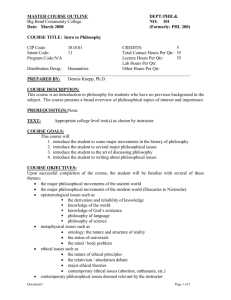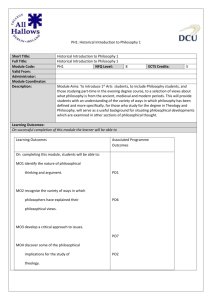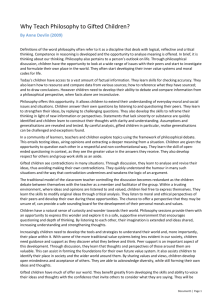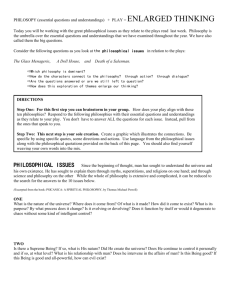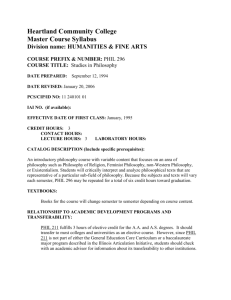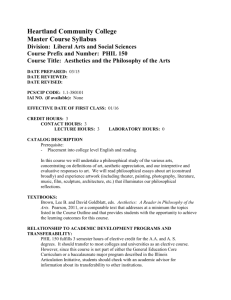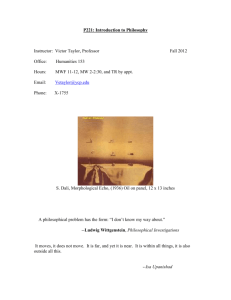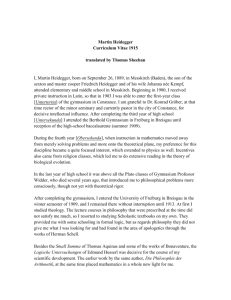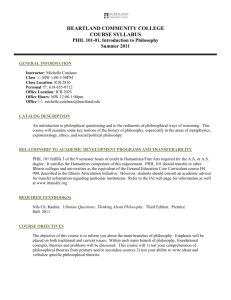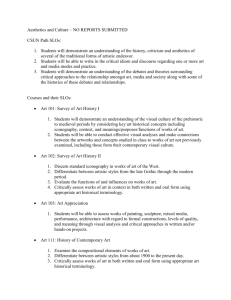Cicero`s Interview
advertisement
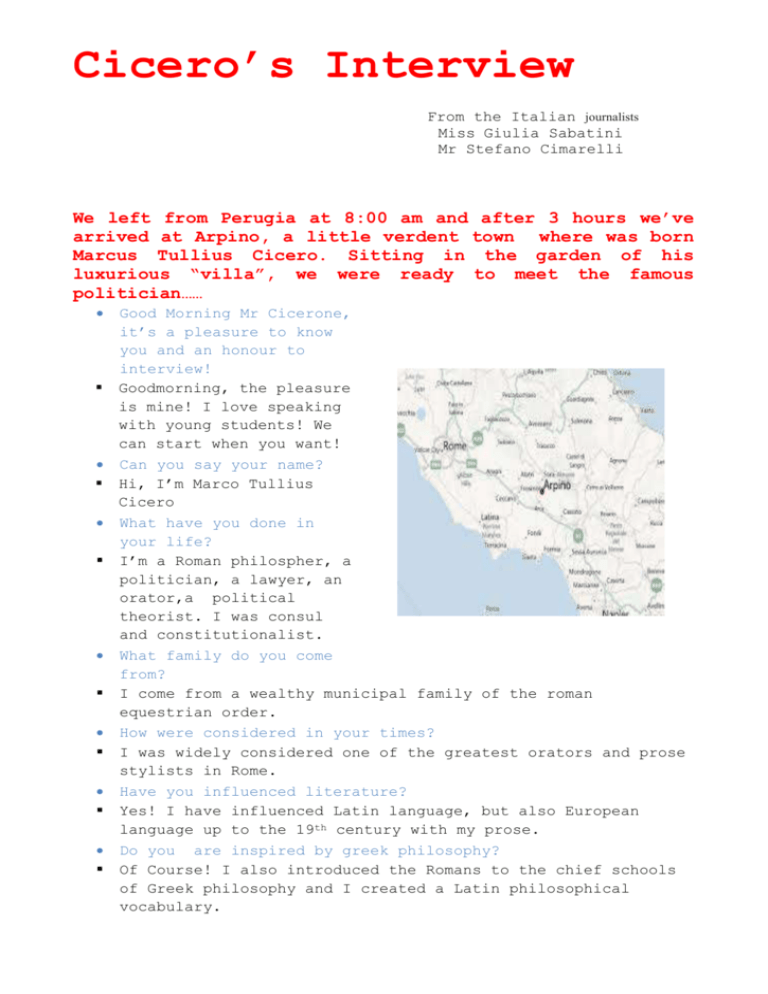
Cicero’s Interview From the Italian journalists Miss Giulia Sabatini Mr Stefano Cimarelli We left from Perugia at 8:00 am and after 3 hours we’ve arrived at Arpino, a little verdent town where was born Marcus Tullius Cicero. Sitting in the garden of his luxurious “villa”, we were ready to meet the famous politician…… Good Morning Mr Cicerone, it’s a pleasure to know you and an honour to interview! Goodmorning, the pleasure is mine! I love speaking with young students! We can start when you want! Can you say your name? Hi, I’m Marco Tullius Cicero What have you done in your life? I’m a Roman philospher, a politician, a lawyer, an orator,a political theorist. I was consul and constitutionalist. What family do you come from? I come from a wealthy municipal family of the roman equestrian order. How were considered in your times? I was widely considered one of the greatest orators and prose stylists in Rome. Have you influenced literature? Yes! I have influenced Latin language, but also European language up to the 19th century with my prose. Do you are inspired by greek philosophy? Of Course! I also introduced the Romans to the chief schools of Greek philosophy and I created a Latin philosophical vocabulary. I tried to use philosophy to achieve my political goals. In an age when philosophy was still very much centred on Greece, I translated the major Greek works through summaries of the beliefs of the Greek philosophical schools of the times. What are the primary philosophical schools of the times? They’re Skepticism, Stoicism and Epicureanism. The Eclecticism is one of the most popular schools in Rome. Actually I’m an eclectic! Have you learned a lot from these schools? Yes! I was well acquainted with all these schools, infact I had teachers in each of them at different times of my life, and I am the source of much of your knowledge about these schools. We also know that you’re considered as a Western philosopher, aren’t you? Yes, I’m! But I did not actually contribute to the discipline so much. How are your works written? All my works are written in outstanding Latin prose. What are the most important philosophical works that you wrote? My philosophical works are mostly based on stoic phylosophy. I can suggest you to read “De amicitia” (On friendship), “De senectute” (On old age); “De officiis” (On duty) and “De natural deorum” (On the nature of the Gods)! Did someone reuse your works? Yes, Petrarch rediscovered my writing in the 14th century, and they paved the road to Renaissance. Augustinus, when he was 19, started to love philosophy reading my Ortensius; and Copernicus, reading my works, found out Iceta from Syracusa, Filolaus, Eraclides from Ponto and Ecfantus the pitagoric and learned about eliocentric theory! Wow! So we can say you contribute at the Copernicans Revolution! And can you mention some other philosophers you influenced? Yes! My writings had great influence on the Enlightment philosophers too. I mean Montesquieu, John Locke and David Hume. Thank you Cicero, it was a pleasure to meet you. We really learned a lot of thing!

